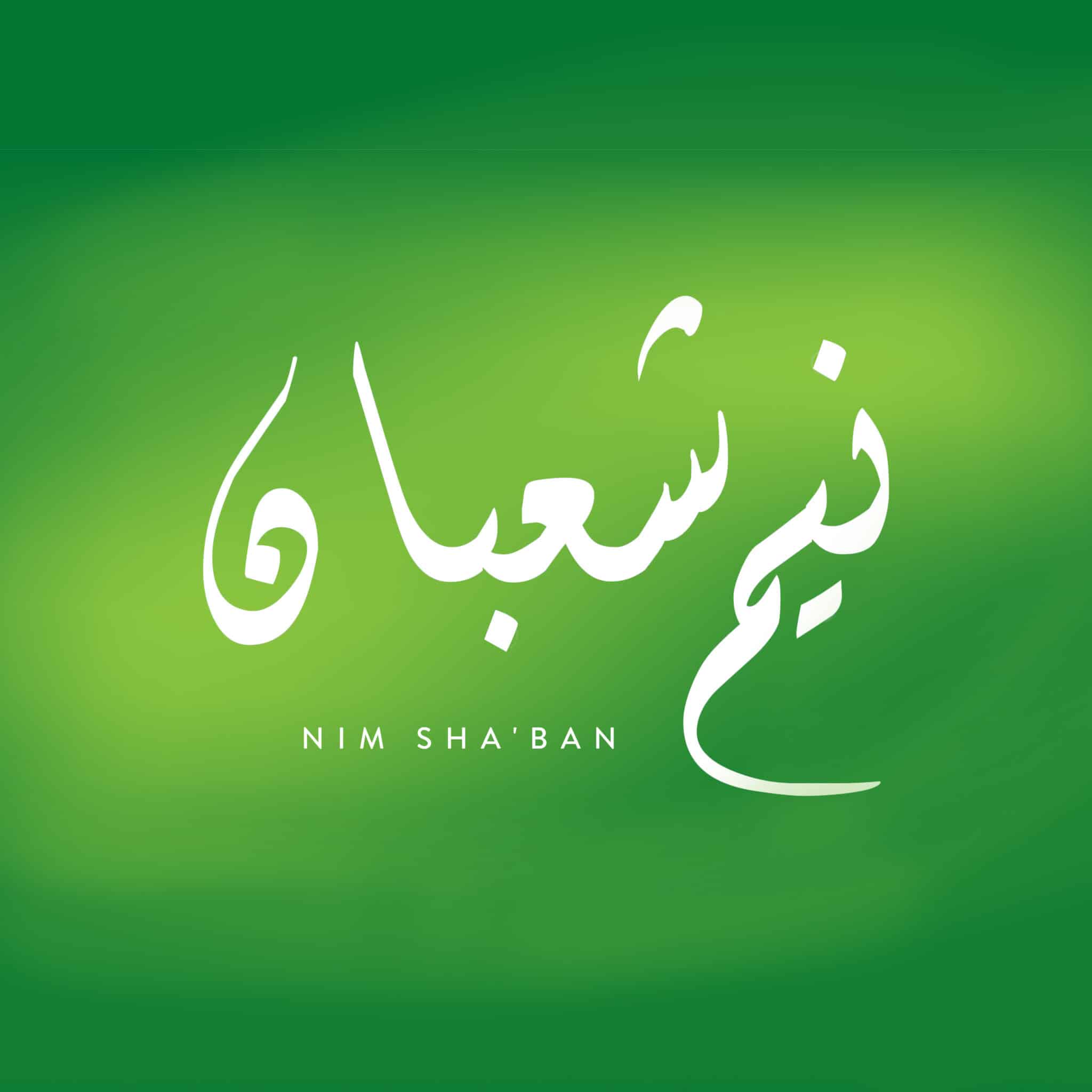The 15th Night of Sha’ban
Also known as Laylat al-Bara’ah, Laylat an-Nisf min Sha’ban, and Shab-e-Barat

The Significance of Mid-Sha’ban
The 15th night of Shaban is a night we are encouraged to be in prayer and remembrance. There is scholarly debate regarding the benefits of extra worship on this night because there are some hadith that support this which are considered weak.
Sidi never discussed the benefits of worship on the 15th night of Sha’ban with large groups of students. This is believed to be due to the fact that many students were still working on perfecting their observation of the 5 pillars (shahada, salah, sawm, zakah, and hajj) and the daily recommended practices of the the wird and the Wadhifa).
Ibn Taymiyyah (radiyallahu anhu) said, “So many ahadith and reports exist regarding the excellence of the 15th night of Sha’ban that one is compelled to accept that this night does possess some virtue.”
We host a khalwa for the community and schedule a teaching for the 15th day of Sha’ban, with Allah’s help and permission, insha’allah.
Why Is This Night Special?
The hadith that are sound and good describe the 15th night of Sha’ban as the night when Allah decides our fortunes for the coming year and when He forgives many, many sins.
The Prophet (sallallahu ‘alayhi wa sallam) said, “Allah gazes at His creation on the 15th night of Sha’ban and then forgives all His slaves except for two types of people: those who attribute partners to Allah and those who harbor hatred in their hearts.” [Ahmad] In some other narrations the Prophet added additional categories of people who would not be forgiven, including those who cut ties with their families and those who disobeyed their parents.
A’isha (radiyallahu anha) the Prophet’s favorite wife after his first wife Khadija passed away, and from whom the Prophet encouraged us to take “one-third of the religion,” narrated that the Prophet (sallallahu ‘alayhi wa sallam) once remained in prostration for so long on the 15th of Sha’ban that she became worried and touched his foot to verify that he was still alive. He moved his foot and she heard him reciting the following prayer:

Allahumma a’udhu biridaka min sakhatika
wa bimu’afatika min ‘uqubatika
wa a’udhu bika minka
la uhsi thana’an ‘alayka
anta kama athnaita ‘ala nafsika’
Oh Allah, I seek refuge in Your pleasure from Your anger.
And in Your forgiveness from Your punishment.
And I seek refuge in You from You.
I cannot praise You enough.
You are as You have praised Yourself.
Another hadith related by A’isha (radiyallahu anha) states, “Allah, the Glorious and Majestic, looks at His servants on the night of mid-Sha’ban and He forgives those who ask for forgiveness and He bestows mercy upon those who ask for mercy and He delays judgment on the people of envy and spite.”
The Prophet (sallallahu ‘alayhi wa sallam) also said to A’isha (radiyallahu anha), “Allah descends on the night of mid-Sha’ban to the lowest heaven and He forgives more than the numbers of hairs on the sheep of Banu Kalb.” (Ibn Majah and others)
Last but not least, the Prophet (sallallahu ‘alayhi wa sallam) said that on this night, from maghrib prayer (at sunset) until fajr prayer (at dawn) Allah asks His servants, “Is anyone seeking forgiveness from Me that I might forgive him? Is anyone seeking provision from Me that I might provide for him? Is anyone suffering that I might relieve his suffering?” (Ibn Majah)